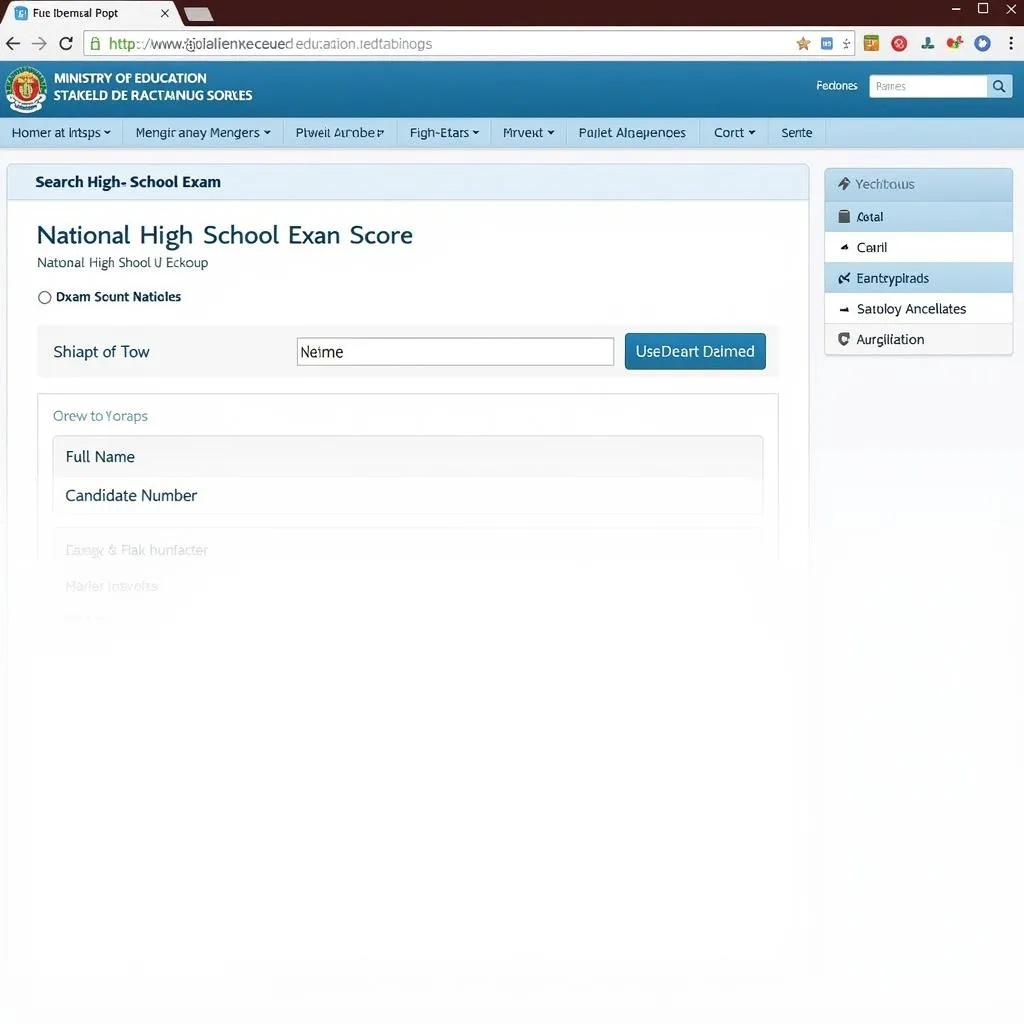An English-speaking work environment, often referred to as an “English-only” or “English-dominant” workplace, is one where English is the primary language used for all work-related communication. This means that meetings, emails, presentations, and even casual conversations among colleagues are conducted in English.
Understanding the Need for an English-Speaking Work Environment
In today’s globalized world, the ability to communicate effectively in English has become increasingly crucial for businesses to thrive in the international arena. Let’s delve into the reasons why an English-speaking work environment is becoming the norm in many organizations.
Enhanced Communication and Collaboration
The most obvious benefit is the ease of communication it offers. When everyone in the workplace can understand each other, it minimizes misunderstandings, promotes clarity, and facilitates smoother workflows. This is particularly essential in multinational companies or teams with members from diverse linguistic backgrounds.
Increased Efficiency and Productivity
Clear communication directly translates to increased efficiency. When instructions, feedback, and updates are conveyed accurately and efficiently, it reduces errors, eliminates the need for repetitive clarifications, and allows teams to focus on achieving their goals.
Global Business Expansion
For companies aiming to expand their operations internationally, an English-speaking work environment is non-negotiable. English acts as a common linguistic bridge, enabling seamless interaction with clients, partners, and stakeholders across geographical boundaries.
Access to a Wider Talent Pool
By adopting English as the primary language of operation, companies can attract and recruit talented individuals from a diverse global pool. This not only brings in fresh perspectives and innovative ideas but also fosters a more culturally rich and dynamic workplace.
Navigating an English-Speaking Work Environment
While the benefits are undeniable, it’s important to acknowledge that navigating an English-speaking work environment can pose challenges for non-native speakers. Here are some tips for individuals to thrive in such settings:
-
Embrace Continuous Learning: Actively seek opportunities to enhance your English language proficiency, focusing on both conversational and professional vocabulary.
-
Don’t Be Afraid to Ask for Clarification: It’s perfectly acceptable to ask colleagues to repeat themselves or explain something you didn’t understand.
-
Practice Active Listening: Pay close attention to how others communicate and try to adopt similar phrases and expressions in your own communication.
-
Seek Support and Resources: Many companies offer language training programs or resources to help employees improve their English skills.
The Future of English in the Workplace
As globalization continues to shape the business landscape, the importance of English in the workplace is only set to grow. Companies that embrace English as a core element of their organizational culture will be well-positioned to leverage global opportunities and thrive in the increasingly interconnected world.
Frequently Asked Questions (FAQ)
1. What if I’m not a fluent English speaker?
Don’t be discouraged! Many companies value a willingness to learn and improve. Focus on clear communication and seek out resources to enhance your proficiency.
2. Is it disrespectful to speak other languages in the workplace?
It depends on the company culture. While English may be the primary language for work-related matters, it’s always respectful to be mindful of others when using another language.
3. How can I prepare for an interview in an English-speaking company?
Practice your English speaking skills beforehand, research common interview questions, and be prepared to discuss your experiences and qualifications clearly and concisely.
4. Are there any online resources to help me improve my business English?
Yes, numerous online platforms offer courses and resources specifically tailored to enhance business English proficiency.
5. What are some tips for writing professional emails in English?
Keep your emails concise and to the point, use formal language and grammar, and proofread carefully before sending.
Do you have any other questions?
For further inquiries or support, please don’t hesitate to reach out to us. You can contact us at:
Số Điện Thoại: 02223831609
Email: [email protected]
Địa chỉ: Đ. Nguyễn Văn Cừ, Trang Hạ, Từ Sơn, Bắc Ninh, Việt Nam.
Our dedicated team is available 24/7 to assist you.






